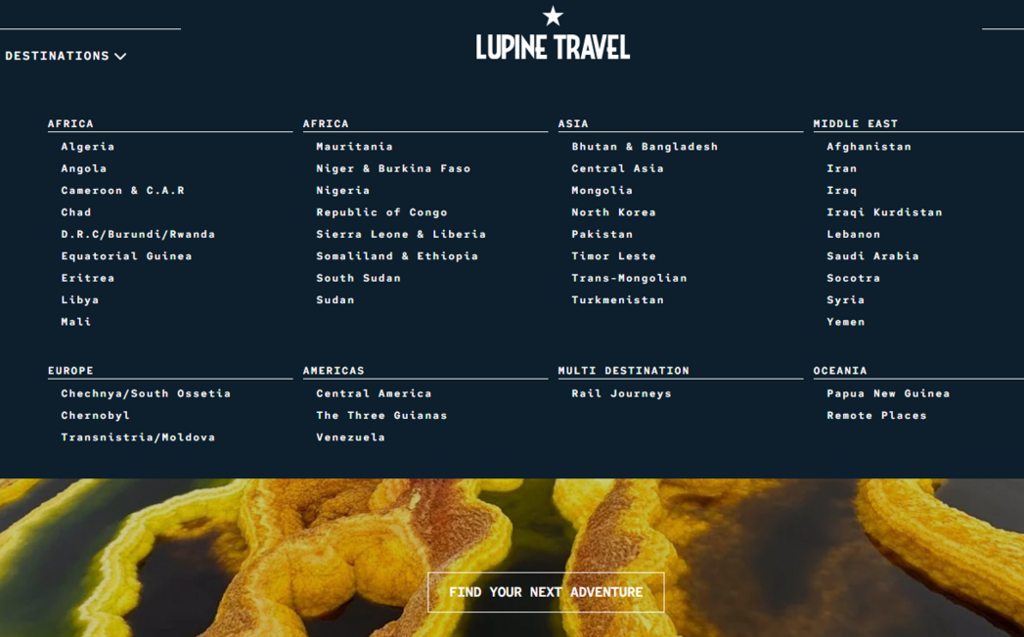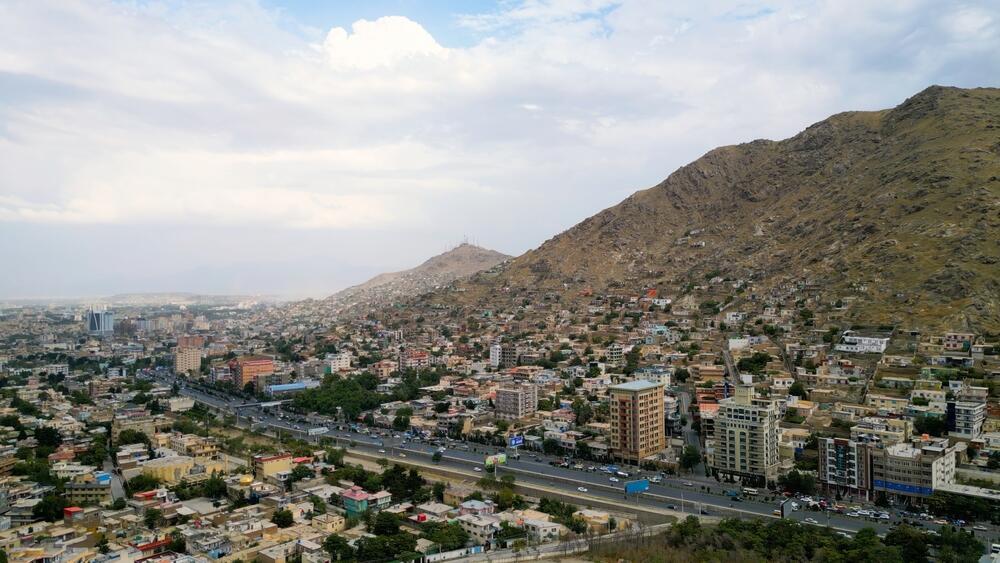Hayat Tahrir al-Sham, the rebel group that led the overthrow of former Syrian President Bashar Assad’s regime, is classified as a terrorist organization in the UK due to its historical ties to Al Qaeda. While British citizens have been advised to leave Syria amid the country’s unstable situation, this hasn’t deterred UK-based travel agency Lupine Travel, known for organizing trips to conflict zones, from planning a tour to Syria this April.
Dylan Harris, the company’s founder, told Ynet that Lupine Travel has been arranging tours to Syria since 2017, though not regularly. “We started with only Damascus and then eventually expanded to Palmyra, Aleppo and Latakia once things started to stabilize more over there,” Harris said. “This year had seen us cut back our tours though as the situation declined. We were only able to run two trips this year and had to cancel the others. Our last tour was in September.”
5 View gallery


A torn portrait of former Syrian President Bashar Assad in Mezza Prison
(Photo: Chris McGrath/Getty Images)
Harris noted that the agency typically begins its overland tours to Syria from Lebanon, but due to the war between Hezbollah and Israel, it had to alter its route, flying instead via Damascus Airport. Last Wednesday, Syrian officials reported that Damascus Airport resumed operations for the first time since the fall of Assad's regime. The airport, however, has frequently been targeted in strikes, including during the war, according to Arab reports.
After the tour in September, we put the trips on hold and we weren't planning to go back there for a while. But now we are feeling confident that the situation will remain stable and we'll be able to resume them in April,” Harris declared, emphasizing that while the agency specializes in conflict zone travel, it strives to maintain safe routes and avoid problematic areas.
“There are still many parts of Syria that we have not traveled to and we do not plan to visit in the foreseeable future until we can be certain the situation has improved there. But many parts of the country, in particular the old town of Damascus have been safe to visit for years, even during the peak years of the civil war.”
When asked why the agency organizes trips during such turbulent times and to highly sensitive regions, Harris explained that there are several reasons. Chief among them is that it helps clients gain a deeper understanding of current events, both politically and personally.
5 View gallery


Damascus: Syrians celebrate after the ouster of President Bashar Assad
(Photo: AP Photo/Hussein Malla)
“We ensure that they hear stories from both sides to help gain more knowledge and make their own minds up about the situation. Also, in particular in Syria - it's a country that only 15 years ago was quite a mainstream tourist destination. Many people there relied solely on tourism for income. There are many guides and hotels that have struggled now for years. We see firsthand how important it is to help bring a steady stream of income back into the country for the people who need it, even if it is only on a small scale.”
Harris emphasized that the company works directly with locally owned hotels and guides to ensure that the money goes directly to the people who need it.
For Israelis, however, entering Syria is strictly prohibited. The National Security Council classifies Syria as a high-threat country, stating on its website: “Israelis are prohibited from traveling to Syria.”
Get the Ynetnews app on your smartphone: Google Play: https://bit.ly/4eJ37pE | Apple App Store: https://bit.ly/3ZL7iNv
Syria isn’t the agency’s only contentious destination. Lupine Travel also organizes tours to Afghanistan, Iran, Iraq, Mali and Yemen. “We did used to run regular tours to Lebanon but they have been on hold since April this year,” Harris said. “Our tours to Ukraine and Sudan are also on hold as well. We will only run tours to these places again once we are confident we can keep our groups secure.”
Afghanistan has been one of the agency’s most popular destinations this year. “Since the Taliban took back power, numbers have really increased,” Harris said. “We did use to run tours there pre-Taliban but now there are more places that have opened up and are secure to visit, where has previously the vast majority of the country was off limits and unsafe due to the conflict with the old government and the Taliban.”
According to Harris, travelers joining these tours are typically aware of the situations in these countries and the frequent need to cancel or adjust itineraries for security reasons. The agency also provides clients with safety information before the trip and conducts security briefings.
It is very rare for us to encounter issues with the local authorities. Usually, these problems will occur during our research trips to these places when I travel there myself to set up the trips. Once we visit there with groups, we have all the necessary permissions in place prior to travel.”
To all those concerned, Harris clarified: “We take security very seriously and will not travel if we feel it isn't safe to do so. As mentioned previously, we have already put our Sudan, Ukraine and Lebanon tours on hold. We are confident that we will be able to resume Syria, but if the situation declines there over the coming weeks, then we will not resume the trips in April.”






